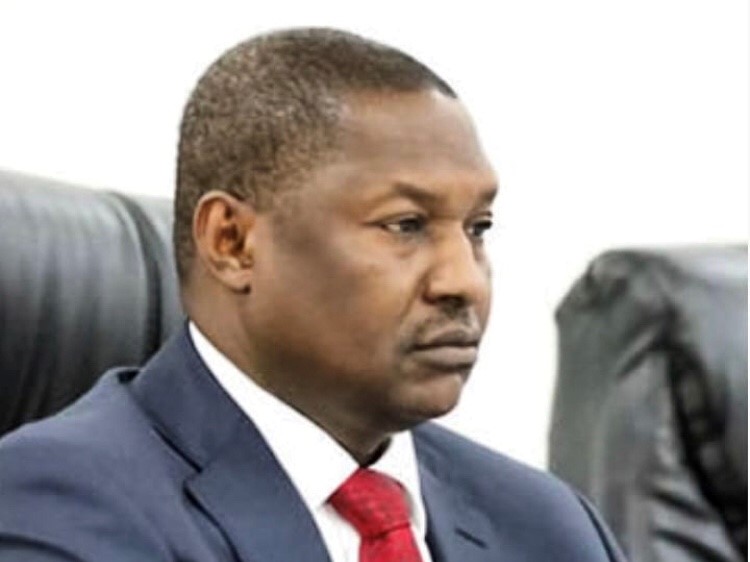The decision of the Senate to reject President Muhammadu Buhari’s request to amend Section 84 (10) of the Electoral Act which bars political appointees from voting or contesting at any convention, congress or primary of any political party, has put the fate of key Buhari appointees in the balance.
By the development, the Minister of Transportation, Rotimi Amaechi; the Minister of Labour, Employment, Chris Ngige and Attorney-General of the Federation, Abubakar Malami and other appointees cannot participate in the primaries of their party unless they resign from their current positions.
“No political appointee at any level shall be a voting delegate or be voted for at the convention or congress of any political party for the purpose of the nomination of candidates for any election,” the contentious section reads.
While the new electoral law restricted political appointees, it however, allowed elected officials like the legislators, governors and others to contest primaries of their political parties while in office.
It is therefore a win for sitting governors who are always in tango with ministers during elections.
The Senate at the plenary on Wednesday rejected Buhari’s request through a voice vote after a motion to revisit the bill for the second time.
Key among those who opposed the amendment proposal include Senator Adamu Aleiro from Kebbi State, where Malami also hailed from. Aleiro and Malami are having a running battle to secure their interests ahead of 2023 elections.
Others are Smart Adeyemi (APC, Kogi West) and the Minority Leader, Senator Enyinnaya Abaribe.
Senator Aleiro had asked for the amendment to be stepped down making reference to the provision of Rule 52(5) of the Standing Orders of the Senate after the Majority Leader, Yahaya Abdullahi moved the motion for the bill to be read.
Aleiro drew attention to existing judicial decision on the matter which barred the lawmakers from taking further action on the bill.
The Federal High Court in Abuja, on Monday, barred President Muhammad Buhari, the Attorney-General of the Federation (AGF) and the Senate President from tampering with the newly amended Electoral Act 2022.
The judge, Inyang Ekwo, in a ruling on an ex-parte application by the opposition Peoples Democratic Party (PDP), said the Electoral Act having become a valid law could not be altered without following the due process of law.
But the Senate President, Ahmad Lawan, on Tuesday, said the court ruling would not stop the National Assembly from amending the Electoral Act 2022.
He said the court ruling violated the provisions of the 1999 Constitution (as amended) on Separation of Powers.
Aleiro told his colleagues that until the court’s decision is vacated, it would be sub judice for the lawmakers to reconsider the bill, while also crewing to existing Order.
Order 52(5) said, ‘Reference shall not be made to any matter on which a judicial decision is pending, in such a way as might in the opinion of the President of the Senate prejudice the interest of parties thereto.’
Also speaking against the amendment, Senator Abaribe noted, “There are certain things that we see which we think we don’t even have to come here to debate. One of those things is the fact that in every democracy, all over the world, there are certain rules which we don’t need to be told about. One of those rules is the fact that you cannot be a referee and a player on the same field. It is either you’re a referee or a player.”
Adeyemi in his own contribution averred, “In any election, where people have the added advantage of holding executive power, either by proxy or directly or by appointment, for such people to have access and compete with others who came from the street, I think is an unjust society.
“Therefore, I disagree with all the arguments on the need to consider a decision that has already been settled.”









